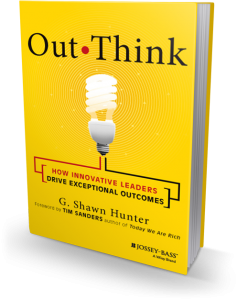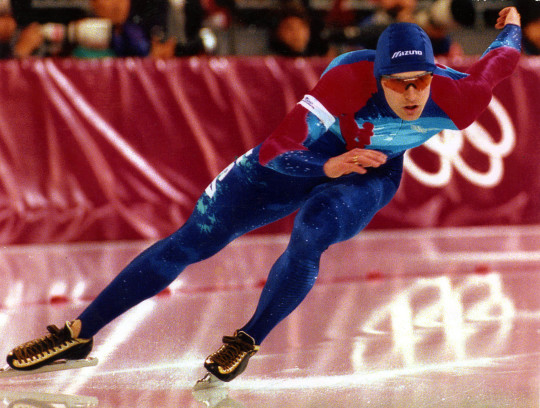Resiliency: How to Rise to Your Potential
“Some of my greatest pleasures have come from finding ways to overcome obstacles.”
– John Wooden
Considered one of the greatest speed skaters of all time, Dan Jansen was favored to win the gold medal in both the 500M and 1000M races at the 1988 Olympics. Just a week before the Olympics, Dan was on top of the skating world when he won the World Sprint Championships. He was fit and prepared.
As the Olympic race day grew closer, Dan’s sister Jane was getting sicker and sicker battling leukemia. In the early morning hours, the same day of the 500M race, Dan’s sister died in a hospital surrounded by loved ones. Dan was shocked and stunned as he deliberated whether to race. Believing his sister would want him to compete, he went to the track to warm up.
He later said in those moments while warming up he didn’t even feel like it was himself inside his skin. He felt he had forgotten how to skate. In the 500M race, Dan lost an edge and went down just after the first turn. A couple of days later in the 1000M, he again lost his feel for the ice, slipped and went down.
Four years later, in 1992 in Albertville, France, Dan was again on the ice ready to compete in the 500M and 1000M races. Just two weeks before the Olympics he had set a world record. He said he was super confident he would win, and at the starting line he felt completely calm, without anxiety or nerves. Of his Olympic opportunities up until then, this was Dan’s time to shine. He knew there was no other competitor who could beat him that day. In the 500M race, Dan took 4th place. In the 1000M race, Dan came in 26th.
Later, he couldn’t explain it. He didn’t fall. It was as if he was skating as someone else. He wasn’t nearly as fast as his recent times would predict him to be.
In 1994, the winter Olympics were held in Lillehammer, Norway. At his physical and training peak, this would likely be Dan’s last shot at an Olympic medal. Over the two years since the last Olympics, Dan had posted the five fastest times in history, and was the only speed skater ever to break 36 seconds in the 500M race.
In the 500M race Dan lost an edge on the final turn and slipped badly – not falling outright, but effectively losing the race. Now in his fourth Olympics without a medal, he was stunned and baffled, but not despondent. He later said he was confused, but he didn’t despair. In his failure, he was disappointed, but motivated. Instead of resignation, he felt inspired to succeed.
Dan said when the gun went off for the final race of his Olympic career, he felt “incredible.” He said that time slowed down, his efforts felt easy and instinctive. He felt as if he was in slow motion, with plenty of time to be hyper-aware of his surroundings. Glancing up at the split times on the clock during the race, he saw that he was skating faster than he had ever before, in fact faster than anyone had ever skated. And he still had more in the tank. He won that race, and set a world record doing it.
He said the first thought that went through his mind at that moment was, “I finally skated to my potential at the Olympics.” He had no idea yet if it was worth a medal or not. And he didn’t care. On his victory lap, he carried his daughter Jane, named after his sister.
That final race was the culmination of years of preparation, resolve and resiliency. Remember never to be defined by a moment. Each event, and each day, is but another opportunity to fall forward.
“Players with fight never lose a game, they just run out of time”
– John Wooden
- Join my Email updates for regular updates on leadership and life
- Learn more about my Speaking work
____________________________________________________
 Shawn Hunter is President and Founder of Mindscaling, and the author of Out•Think: How Innovative Leaders Drive Exceptional Outcomes. It’s about how to lead joyfully in life, and also to lead cultures in your company to drive great results.
Shawn Hunter is President and Founder of Mindscaling, and the author of Out•Think: How Innovative Leaders Drive Exceptional Outcomes. It’s about how to lead joyfully in life, and also to lead cultures in your company to drive great results.
Twitter: @gshunter
Say hello: email@gshunter.com
Web: www.shawnhunter.com




